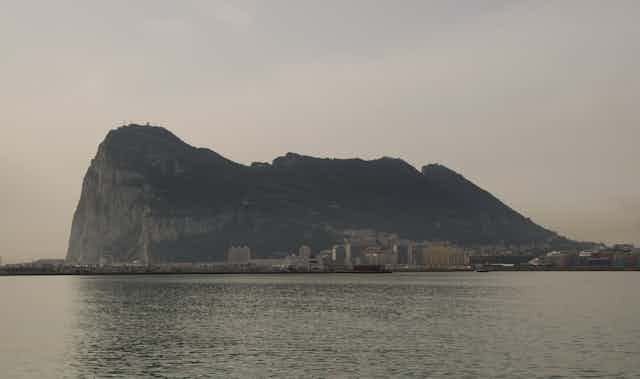José Manuel García-Margallo, the acting Spanish foreign minister, has once again called for joint British-Spanish sovereignty of Gibraltar in the wake of Britain’s vote to leave the EU.
David Lidington, UK’s Europe minister (whose department also has responsibility for Gibraltar), moved to reassure Gibraltarians of Britain’s commitment to their right to determine their own sovereignty. Nevertheless, Gibraltarians are entertaining severe doubts about their future relationship with the UK.
When the UK leaves the European Union so too, by default, will Gibraltar. But the Rock’s economy relies upon labour and supplies from the surrounding Spanish hinterland and upon its ability to trade within the European common market. Even if Britain can negotiate to retain access to European markets, it will certainly stand outside of Europe’s borders, making the frontier between Gibraltar and Spain an external border.
As a condition of its accession to what was the EEC in 1986, Spain was forced by Britain (at the threat of a veto) to reopen the Gibraltar-Spain frontier, which had been closed by General Franco in 1969. With Britain’s exit from the European Union looming, Spain has threatened to escalate its economic blockade of Gibraltar. Interference at the frontier in 2013 was only alleviated by the intervention of the European Union. Such aid will not be forthcoming in future.
Spain’s point is that if Gibraltar opted for joint sovereignty, its frontier would not be an external border with Europe. It would simply be a part of the territorial integrity of Spain. That would allow it to continue accessing European markets and guarantee free movement of goods and labour over the frontier.
But this logic will not find any credence on the Rock. Beyond the fact that Spanish sovereignty, even joint sovereignty, will be politically unacceptable to Gibraltarians, the local economy depends upon its institutional separateness to Spain. Moreover, joint sovereignty would be perceived by Gibraltarians as a starting point to an inevitable, if forced, repudiation of British sovereignty. In this sense, the referendum changes nothing in regards to the sovereignty dispute – any form of concession to Spanish sovereignty is as unacceptable to Gibraltarians now as it was before the referendum.

So where are we now? As Gareth Stockey and I have argued, Gibraltarian identity coalesced at the turn of the century into a sense of nationalism. Many Gibraltarians would concede that their past owes much to a sense of Britishness, but would also argue that Gibraltarian identity – and economic and political interest – is no longer aligned to the UK.
And the result of the EU referendum does much to confirm this – in Gibraltar, 96% of the electorate voted remain on an 84% turnout. Far from Gibraltarians seeing their future as being caught between Britain and Spain, there are now likely to be substantial calls for Gibraltar to become independent and to negotiate separate entry into the EU. The model that will be looked to will surely be Scotland, whose leaders are also likely to call for independence with the EU.

